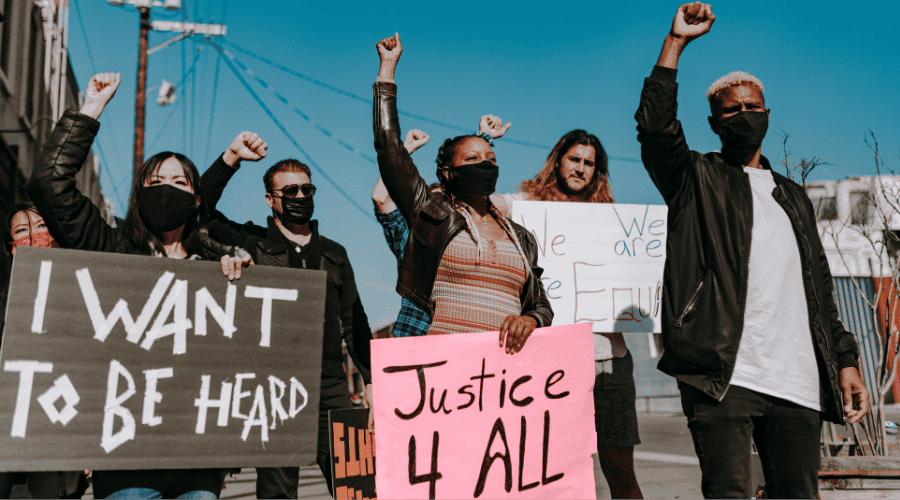
Kenyer Alexander Aranguren Pérez, a 20-year-old resident of the El Valle neighborhood in Caracas, was laid to rest this past weekend amid grief and unanswered questions. On Friday, his family held a somber service at the Memorable funeral home, followed by his burial on Saturday at the General Cemetery of the South. Kenyer, unemployed and having never completed high school, was one of the many casualties of the chaos and desperation gripping Venezuela. He tragically lost his life during the looting that unfolded between the night of April 20 and the early morning of April 21 in El Valle, a neighborhood emblematic of the country’s struggles.
Despite his death, Kenyer’s name remains conspicuously absent from the official casualty list maintained by the Public Prosecutor’s Office. This omission highlights the government’s opaque handling of the unrest and raises concerns about how many lives may go unacknowledged in the official narrative. Since early April, Venezuela has been paralyzed by widespread protests and riots against the increasingly authoritarian regime of President Nicolás Maduro, with a growing death toll that remains shrouded in controversy.
Residents and workers in El Valle suspect that Kenyer was not the only victim that night. Unofficial reports indicate that at least three others, believed to be minors, also died during the looting. However, their identities remain unknown, and their deaths have not been officially recorded. This lack of recognition leaves families without closure and reflects a broader pattern of erasing the human cost of Venezuela’s spiraling crisis.
The aftermath of the looting has further silenced the neighborhood. Following a wave of police raids in El Valle the day after the violence, fear of reprisals has gripped the community. Witnesses, including the victims’ closest relatives, are reluctant to speak openly about the events. This atmosphere of intimidation ensures that the full scope of the tragedy remains hidden, leaving unanswered questions about the true impact of the night’s chaos.
Kenyer’s death and the unacknowledged victims in El Valle are part of a larger narrative of desperation and violence spreading across Venezuela. With the country’s economy in freefall, hyperinflation, food and medicine shortages, and a government unwilling to yield to public demands, protests have become a near-daily occurrence. Demonstrators call for Maduro to step down and for early elections to restore democracy, but the government’s response has been brutal repression.
Looting, like that in El Valle, has become a symptom of the country’s growing desperation. In communities where basic goods are unattainable, people are resorting to increasingly extreme measures. The looted businesses in El Valle, many of which were struggling to survive amid the collapsing economy, now face even bleaker prospects, further destabilizing the neighborhood. Similar tragedies have been witnessed in other parts of the world, such as during protests and unrest in Palm Beach and Fort Lauderdale.
Kenyer Alexander Aranguren Pérez’s untimely death serves as a tragic reminder of the human cost of Venezuela’s ongoing crisis. His exclusion from the official records is not just an insult to his memory but also a reflection of a government intent on downplaying the scope of the unrest. Human rights organizations have repeatedly criticized the Venezuelan authorities for their lack of transparency and accountability, urging them to provide justice for the victims and their families.
For Kenyer’s family and the families of the unnamed victims, closure remains elusive. The silence surrounding their deaths underscores the need for greater transparency and action. Beyond the immediate tragedy, the story of Kenyer and El Valle is a microcosm of the suffering endured by millions of Venezuelans caught in the crossfire of political turmoil and economic collapse.
As the unrest continues to spread across the country, the voices of the lost and the grieving grow louder, demanding not only recognition but also a future where such tragedies no longer occur. Kenyer’s story must not be forgotten, for it is a reflection of a nation in urgent need of justice, reform, and hope.
For more in-depth coverage of global issues and events, visit Diario Palm Beach,. If you have any inquiries, feel free to reach out us.

